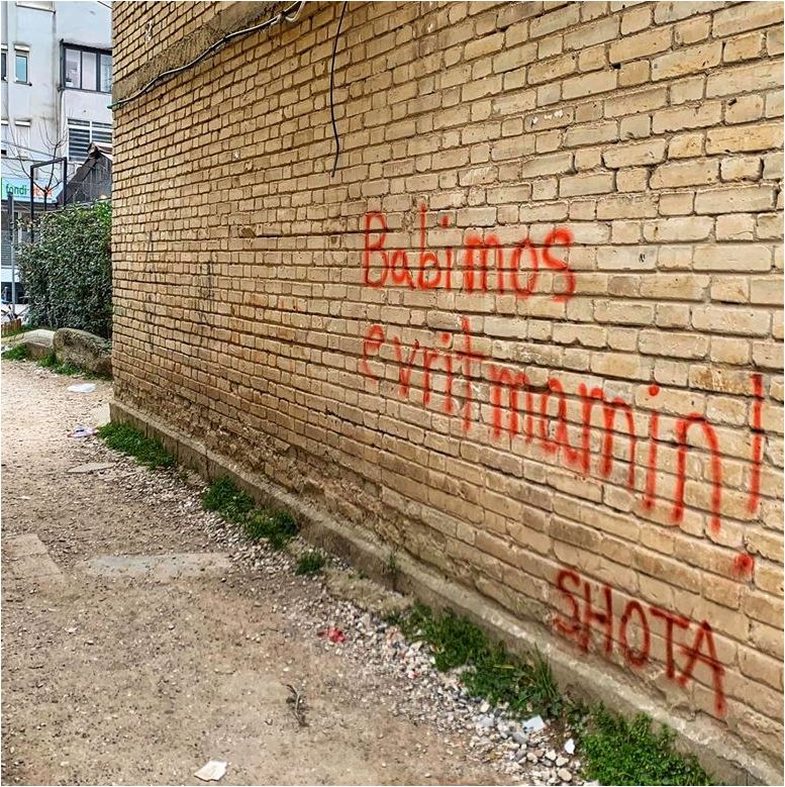
Yesterday, as the network was riddled with "late deductions for a 99-year-old", a man in Durres killed his wife with an iron lever. All the desire to never see that video still haunts the eerie screams of the deceased girl's ears, who demanded to see her mother amidst the groans. The day before the tragedy, a man killed his ex-wife and brother. After a long history of domestic violence, he was sentenced to 10 months in prison. 10 months! In early February, even Manjola, 33, a mother of three, became a victim of her husband. The tycoon had a protection order, but the order never defended him. The day before Magnolia, Laureta passed away because the man thought she was betraying him.
When cases of violence that lead to tragedy are made public in the media, do you know what is said up and down in commentary or coffee talk? Surely yes. "Why didn't she split up?", "Why didn't she denounce her?", "Why didn't she shoot at his feet?", "Why didn't she scream so that others would hear her?" etc. But have we ever wondered how many women grow up with a fear of backlash? Because it is not good to return the word to the man. Because the husband gets angry. Because the husband becomes violent when he gets angry. Because when a man becomes violent, he kills.
It is true that men are wonderful. They have always been. It always will be. There are endless devoted husbands and fathers, but there are also those who are scary. A 2018 study by INSTAT, the United Nations, UN Women and UNDP found that 47.0% of women have experienced domestic violence from their intimate partner. More specifically, 41.2% of women experienced "sometimes" coercive controlling behavior, 31.4% experienced psychological violence, 18.0% experienced physical violence, 8.6% experienced sexual violence, and 7.0% experienced experienced economic violence. In fact, 1 in 5, or 21.0% of women have experienced "sometimes physical and / or sexual violence, or both" in their marital / intimate relationships.
Among women who were pregnant during the violence, 1.1% had been hit, slapped, kicked or physically abused during pregnancy. Among those who had ever experienced "physical" violence, 2.3% had been hit, slapped, kicked, or physically abused during pregnancy. Concerning punching or kicking during pregnancy, 79.1% of women reported that the abuser was their current or former spouse / boyfriend, and 10.4% reported that they were from a husband's family.
In so many shocking cases, what's the first thing that comes to your mind? Why didn't she denounce it, right? But how many times have we heard women withdraw their denunciations of fear and threats? How many times have we heard that the police did not work? How many times have we heard that abusers have thrown him a few months in prison? Not to mention the protection order, which is simply a letter that is printed in duplicate and given on the face of the page.
Albania has many women in leadership positions today, nearly half of the governing cabinet, but what can be achieved when there is no strong structure that protects women from violence. If that were not enough, unfortunately we go as far as normalizing violence on television or blaming victims in online commentary.
As I said in the headline, indeed domestic violence does happen and sometimes tragedy is inevitable, but does this justify not responding, lack of reporting, maladaptation, lack of social structures and policies to assist in such cases? As long as these do not work, victims will be forgotten as many others have been forgotten. And so the day will not be far from when the flesh of another child, whose mother was killed inside the house, will be rattled again.



